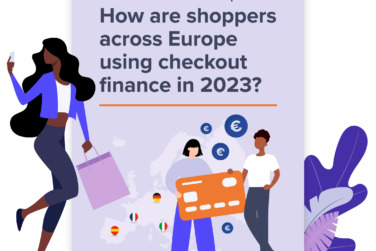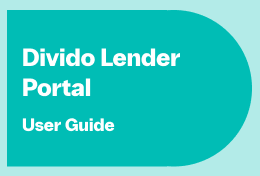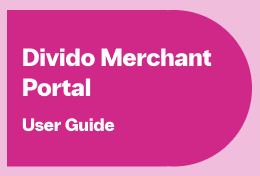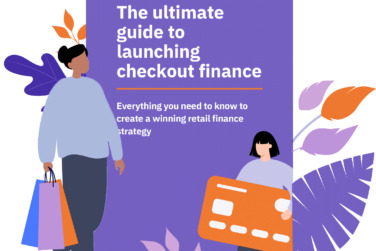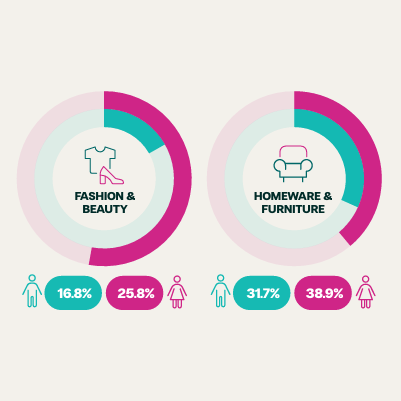E-commerce culture change: Why retailers must adapt to the new ethics of BNPL

Retailers are seemingly unaware of the harm their retail finance products may be causing to consumers.
That’s according to a recent report on the UK’s Buy Now, Pay Later (BNPL) market by Barclays Bank in collaboration with debt charity StepChange.
Their research found 39% of retailers mistakenly believe BNPL providers are obligated to follow the same rules as traditional financial institutions.
54% also believe BNPL providers must conduct a hard credit check before administering credit, with 52% assuming this data is passed on to credit reference agencies.
The reality is very different. By exposing a loophole in the 1974 Consumer Credit Act (CCA), BNPL providers have managed to circumvent these requirements. Today, they get away with conducting only soft credit checks, meaning consumers can be approved for multiple loans with very little vetting. The fast growth of Buy Now, Pay Later owes much to the fact the industry has been allowed to operate in this unregulated manner.
Such renegade lending has led to some consumers falling into financial hardship – often by letting them take out multiple unsecured loans, or by being allowed to borrow more than they were able to afford.
Retailers must be aware of what’s going on behind the scenes with their lending partners, and must take action independently to protect their brand and their consumers.
Retailers must be responsible for upholding ethics
An underlying issue highlighted in the Barclays report was that many retailers do not understand the implications of the retail finance products they offer at checkout.
Not only do they trust their providers to be providing secure loans (many don’t), they also believe their suppliers are already fully regulated (many aren’t).
But, as the saying goes, ignorance is no defence – retailers must take the responsibility to understand the products they are offering. Especially as, by slapping their suppliers’ logos on their own website, they are giving their consumers a tacit nod of approval, as if to say, “you trust us, and we trust these guys, so you can trust them too!”
Therefore, if a consumer falls into financial hardship, it may not be the lender they’ll lose confidence in – it may be your brand.
Retailers must take the initiative early to drive change in the industry. They must put pressure on their lenders and platform providers to not only meet the regulatory framework, but go above and beyond.
The way to do that is for retailers to start to implement their own ethical code of conduct.
The business case for this action is clear. Not only is industry regulation right around the corner, the Financial Conduct Authority (FCA) will also soon introduce a new Consumer Duty stipulating that retailers must improve protection for consumers throughout their purchasing journey.
How to implement your own code of ethics
New regulation means new responsibilities for leaders. You must prepare your teams for the upcoming changes by anticipating, adapting, and communicating the changes clearly and timely.
Fortunately there are a number of ways you can prepare:
1. Train your e-commerce team in the new standards of regulation.
Understanding what the regulators are hoping to achieve will put your business in good stead. Your teams must be equipped with the current legislative landscape so they know where the market is headed. Training your e-commerce team will help to ensure your business is compliant.
This may sound daunting at first but it needn’t be a difficult topic to communicate. We have created a useful list of resources to help your teams get up to speed.
- [Webinar] How the Forthcoming regulatory changes will benefit the sector
- BNPL Regulation: 6 likely changes for the sector
- Reforming the 1974 Consumer Credit Act will be a positive step forward for Buy Now, Pay Later
- BNPL Regulation arrives: why it’s a positive step forward for consumer confidence
2. Update policies and procedures.
Create a new policy document or update existing policies to keep your teams up-to-date on the regulatory landscape. This will act as a North Star for employees who are unsure about their duties, giving them a firm policy to refer back to when they’re unsure. It will also help new starters at your company.
If possible, make your policies public so your customers know your company takes their responsibilities seriously.
And be sure to include a reference to your Duty of Care!
3. Make sure retail finance is clearly communicated throughout your customer journey
Aside from being a great way to inform your customers about your checkout finance product, signposting helps your consumers to understand what they are signing up for.
Make sure your messaging is clear and concise. Consumers must know they are entering into a credit agreement. This will almost certainly be included in new regulation so it is worth attending to your communications sooner rather than later.
4. Create a page explaining how your retail finance product works
Studies have shown that consumers do not understand how BNPL providers make money, which leads many to become sceptical.
After all, if the value of the transaction to the merchant is not immediately clear, it may feel to the consumer as if someone is pulling the wool over their eyes.
Demystify your offering by adding a page to your website explaining how your checkout finance product works for the benefit of your consumer.
- Explain that you, the retailer, will not make money on the transaction – and perhaps why you still choose to offer BNPL
- Detail your choice of BNPL provider, how the process works, and why you are confident in your partnership with them
- Establish that all the necessary steps have been taken to ensure your customer’s financial welfare is protected
- Direct your consumers to your up-to-date BNPL policies and Duty of Care
This will reiterate your position as a responsible business for both consumers and your team. The more information you provide, the more confident your consumer will feel.
5. Keep up to date with the latest regulatory news
The best way to ensure your teams are ready for ongoing changes in compliance is to keep up to date with what’s going on in the retail finance industry.
Keep a bulletin board and be sure to follow industry news around regulation. Make sure that team members know their roles and responsibilities, and are ready to respond should the regulatory landscape change again.
A good place to start is right here. Divido posts regular content on Buy Now, Pay Later news and views, covering everything from regulation to business strategy, to ensure merchants and lenders are never out of the loop.
Why not sign up to our newsletter, The Checkout, to stay on top of the latest news from the sector?
Why does ethics matter to ecommerce?
Businesses face ever growing scrutiny over their ethical practices. In fact, 56% of US consumers are willing to boycott a brand if they do not deem it to be ethical enough.
Your brand drives trust. Partnering with a BNPL provider that is known for dubious lending significantly increases your chances of losing said trust.
Your customers could lose faith in your business as a result Worse still, they may turn against you.
You must therefore be seen to be taking the appropriate steps to ensure their financial welfare. Encouraging consumers into questionable credit agreements may increase sales in the short-term, but the long-term implications for your brand could be severe.
A second, but no less important point is this: it’s simply the right thing to do.
How could a whitelabel platform help?
Traditional financial institutions like banks have a legacy of lending to lean on.
These lenders are already regulated by bodies such as the Financial Conduct Authority meaning their retail finance communications and credit worthiness checks are already built in a way that protects consumers.
As such, BNPL platform providers backed by Tier One lenders will be relatively unaffected by new regulation.
Divido is one such platform.
Our whitelabel retail finance platform connects merchants to multiple Tier One lenders at the point of sale, giving flexibility in your acceptance rates while ensuring full regulatory compliance. Our lender partners use stringent vetting procedures to ensure consumers are not exposed to unnecessary risk.
Be confident knowing that your business is compliant ahead of the upcoming changes.
Get in touch to find out more about the Divido platform and our partners.
Divido is the platform partner enabling lenders and merchants to launch their own-brand checkout finance, fast. Consumer journeys are seamless, and can be optimised to convert more customers at every point of sale, online and in-store.
Keen to know more?


